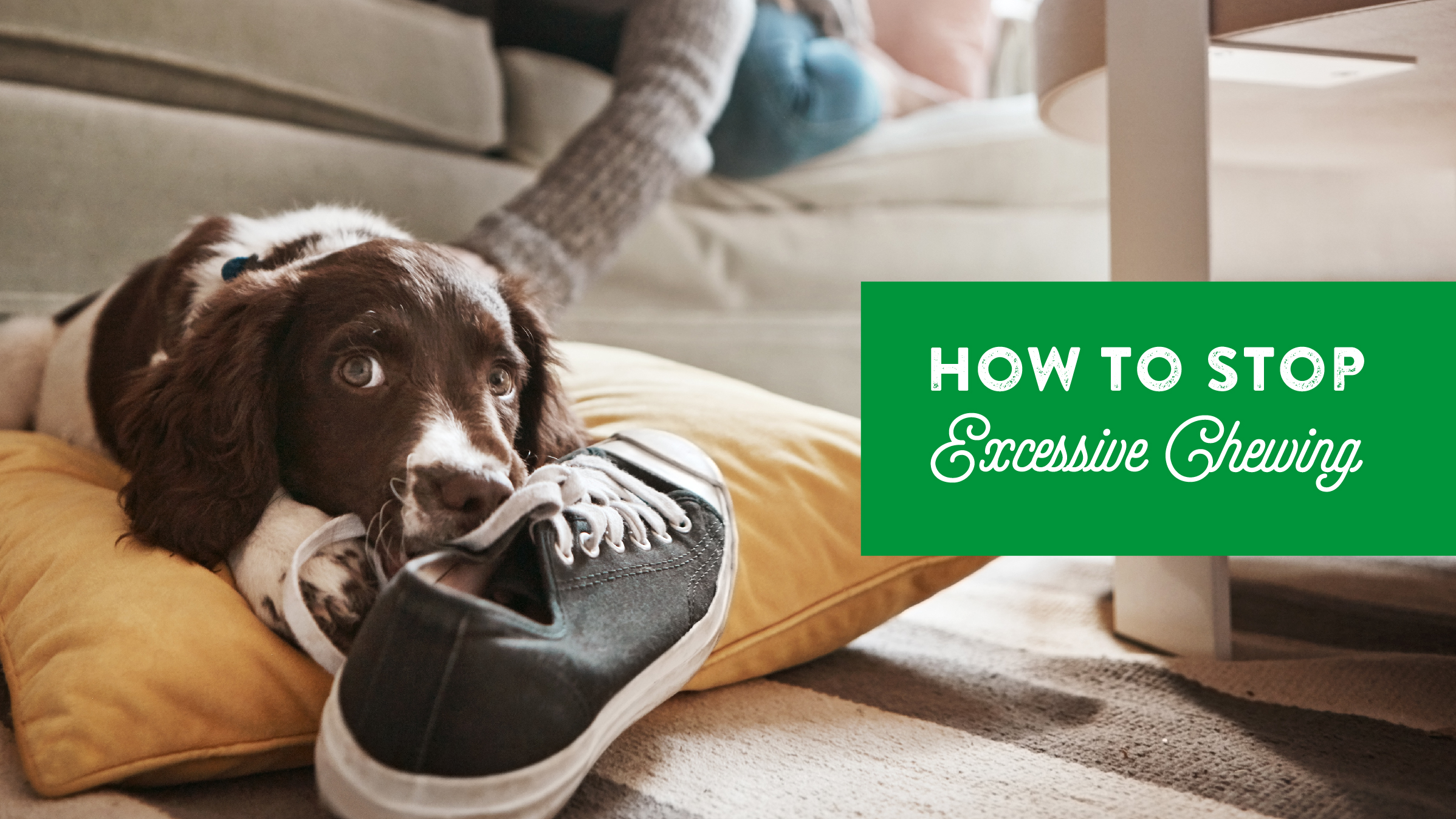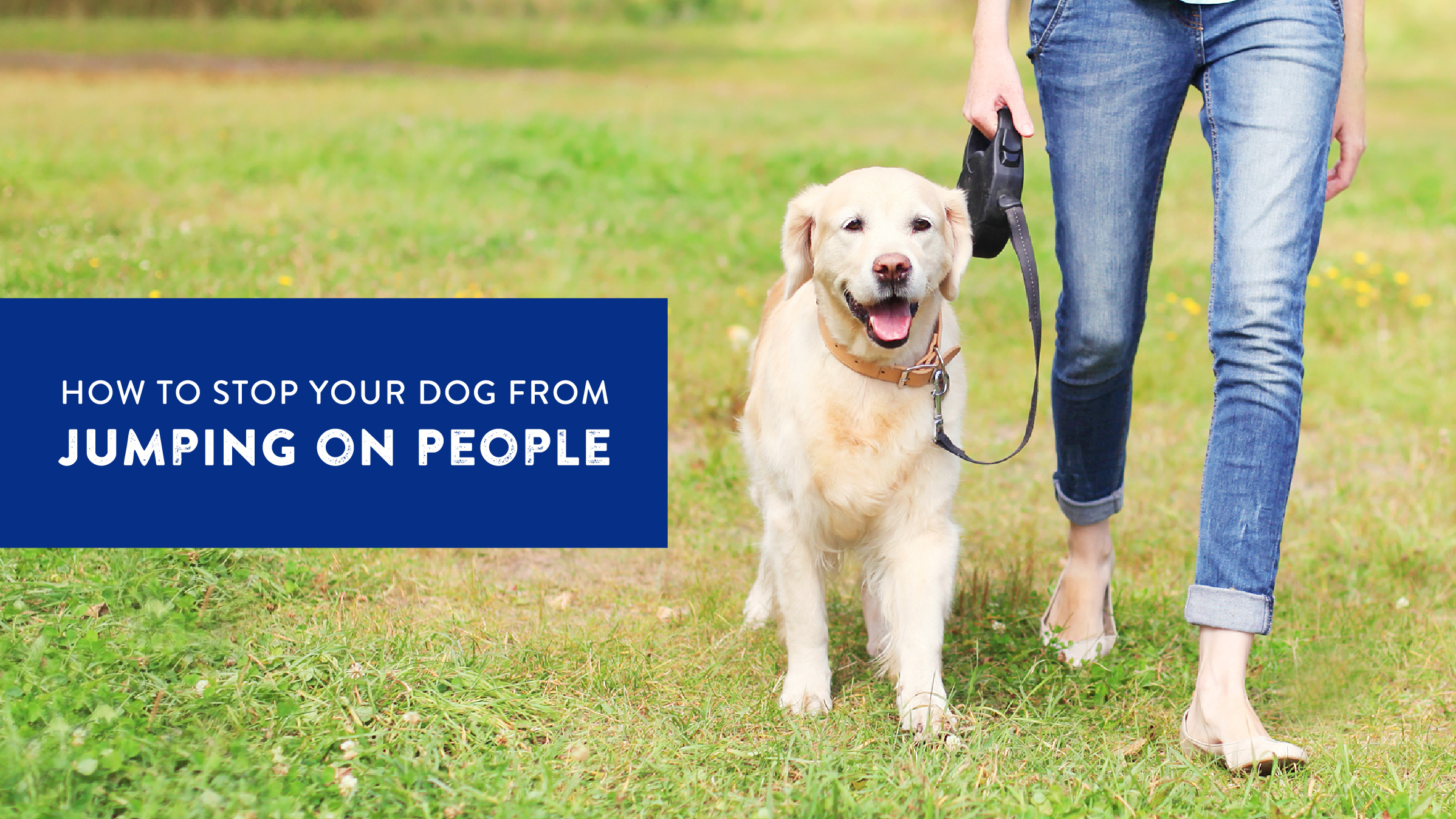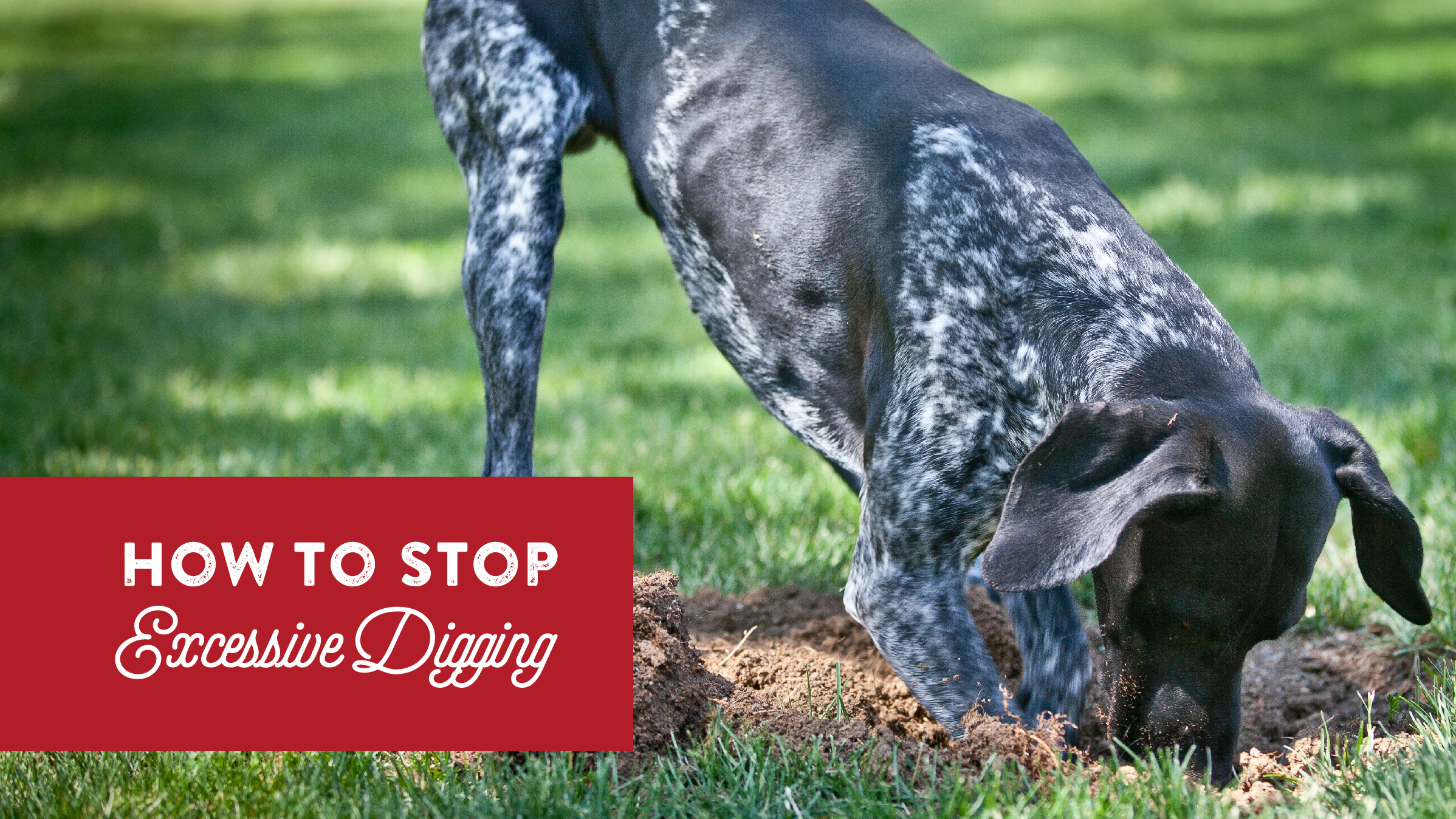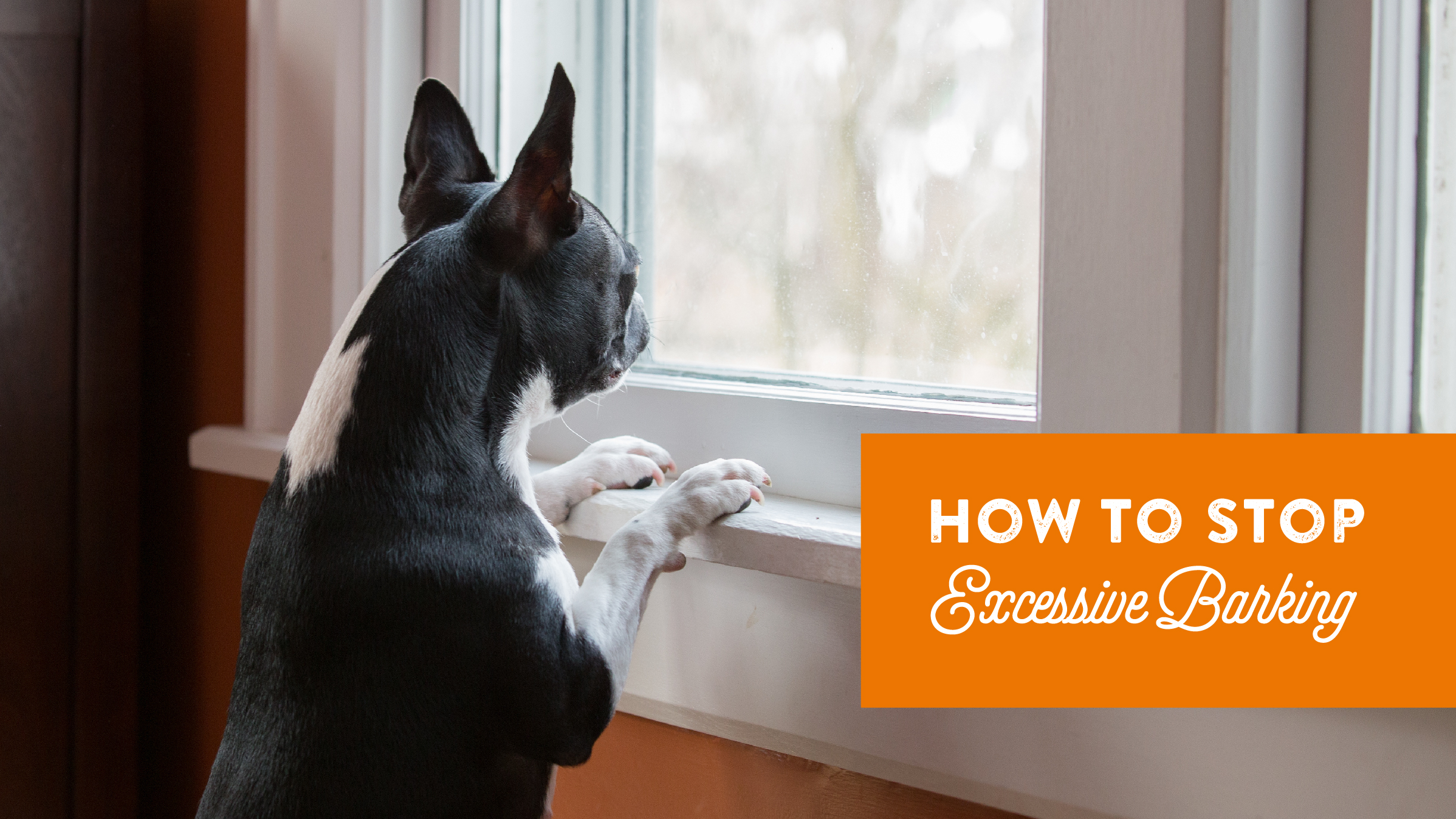By Steve Dale
Everyone knows the story, “your dog ate your homework.” While that may be an instance when you appreciate your dog’s excessive chewing, you may not be as thrilled when he eats your new pair of shoes. As a puppy, chewing is an important part of teething and exploration, as dogs use their teeth in a similar way in which toddlers use their hands. As an adult dog, chewing is a way to relieve boredom, energy and stress. While chewing is a natural part of being a dog, destructive chewing is something that can and should be stopped. If you are tired of coming home to torn-up paper and furniture, try these tips to keep your dog from chewing everything in sight.
Dog-proof your house
Just like small children, puppies and dogs require a little more attention to keep them out of unwanted places. Keep your shoes on elevated surfaces or in a closet, put your dog in his crate when you cannot closely watch him and gate him in areas where he cannot access things to chew on.
Give him a chew toy
Chewing is a natural behavior that helps dogs relieve boredom. Instead of making it impossible for him to chew, give him a toy that is created specifically for that purpose. Get a Kong and fill it with treats and goodies, including Vita Bone Artisan Inspired Biscuits, then freeze it. If your dog begins to chew on unwanted objects, get the Kong out to redirect his energy.
Use bad-tasting repellents
Just like humans, dogs will stay away from tastes and smells they do not like. Bitter apple-type sprays, available where pet products are sold, are a great way to deter animals from objects.
Give him lots of exercise
Dogs will often chew when they are bored or have too much pent-up energy. The best ways to combat this is to take them on more walks, allow them more playtime throughout the day and to enrich their environment. The more energy they exert through exercise, the less likely they will be to chew on unwanted objects. A sleeping puppy is a good puppy.
Consider separation anxiety
Chewing or getting into things can also be a symptom of separation anxiety. For starters, there is no harm in using a product like Adaptil, which helps dogs feel more comfortable in their own surroundings. If your dog is only chewing when you leave the house, he may be experiencing separation anxiety. If you suspect this is the issue, schedule an appointment with your veterinarian to figure out a treatment plan. If possible, show your veterinarian a video of your dog at home alone.



